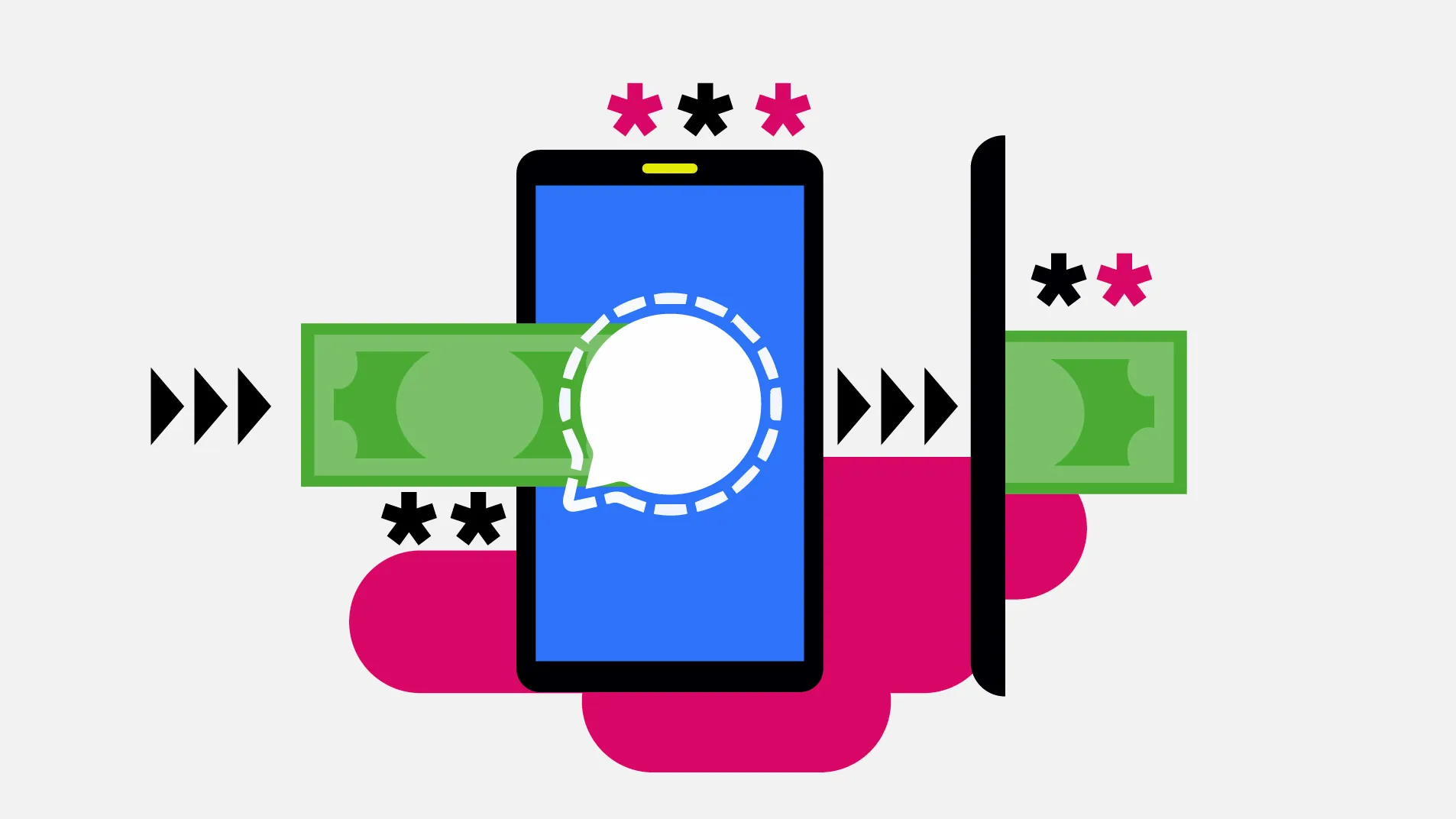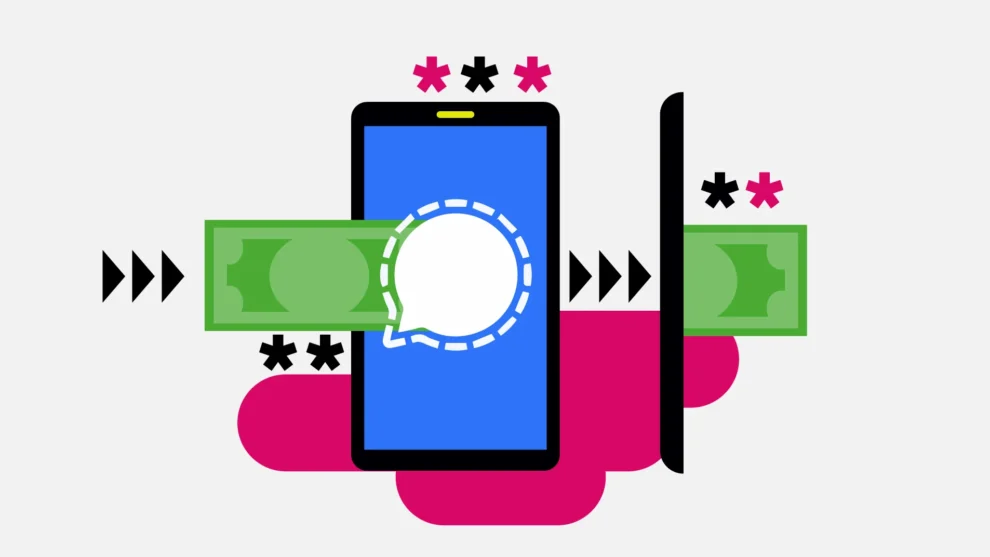Your favorite payment apps, such as PayPal, Apple Pay, and Venmo, may soon face increased scrutiny from the federal government. The Consumer Financial Protection Bureau (CFPB) has announced that it is extending its supervisory authority to large nonbank companies that provide digital wallets and peer-to-peer payment apps in the U.S.
Key Highlights:
- The Consumer Financial Protection Bureau (CFPB) is extending its supervisory authority to large nonbank companies that provide digital wallets and peer-to-peer payment apps in the U.S.
- This move comes amid growing concerns about data privacy, consumer protection, and competition in the digital payments space.
- The CFPB’s increased oversight could lead to new regulations for payment apps, such as requirements for more transparency about fees and data collection practices.
- The CFPB is also expected to focus on protecting consumers from fraud and scams related to payment apps.

This move comes amid growing concerns about data privacy, consumer protection, and competition in the digital payments space. Payment apps have become increasingly popular in recent years, as more and more consumers move away from traditional cash and credit card payments. However, as the industry has grown, so too have concerns about the potential risks associated with payment apps.
One of the biggest concerns is data privacy. Payment apps collect a lot of data about their users, including their spending habits, financial information, and location data. This data can be valuable to businesses, but it can also be a target for hackers. In recent years, there have been a number of high-profile data breaches at payment companies.
Another concern is consumer protection. Payment apps are often used to send and receive money between friends and family members. However, these apps are not always subject to the same regulations as traditional financial institutions. This means that consumers may not have the same protections if they have a problem with a payment app.
Finally, there are concerns about competition in the digital payments space. A handful of large companies control the vast majority of the market. This gives them a lot of power to set fees and terms of service. Some critics worry that this lack of competition could lead to higher prices and fewer choices for consumers.
The CFPB’s increased oversight of payment apps could lead to new regulations that address some of these concerns. For example, the CFPB could require payment apps to be more transparent about their fees and data collection practices. The CFPB could also focus on protecting consumers from fraud and scams related to payment apps.
It is important to note that the CFPB’s announcement is just the beginning of the process. The CFPB will need to develop specific regulations for payment apps, and it will likely give companies time to comply with the new rules. However, the CFPB’s move is a sign that the federal government is taking the digital payments industry seriously and is committed to protecting consumers.
The Consumer Financial Protection Bureau (CFPB) is extending its supervisory authority to large nonbank companies that provide digital wallets and peer-to-peer payment apps in the U.S. This move comes amid growing concerns about data privacy, consumer protection, and competition in the digital payments space. The CFPB’s increased oversight could lead to new regulations for payment apps, such as requirements for more transparency about fees and data collection practices. The CFPB is also expected to focus on protecting consumers from fraud and scams related to payment apps.




